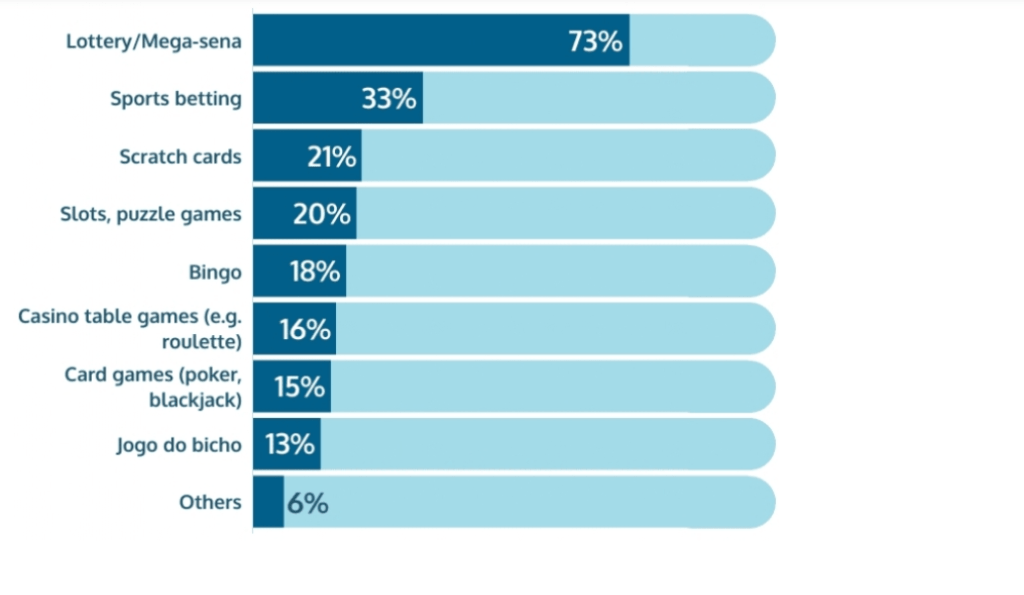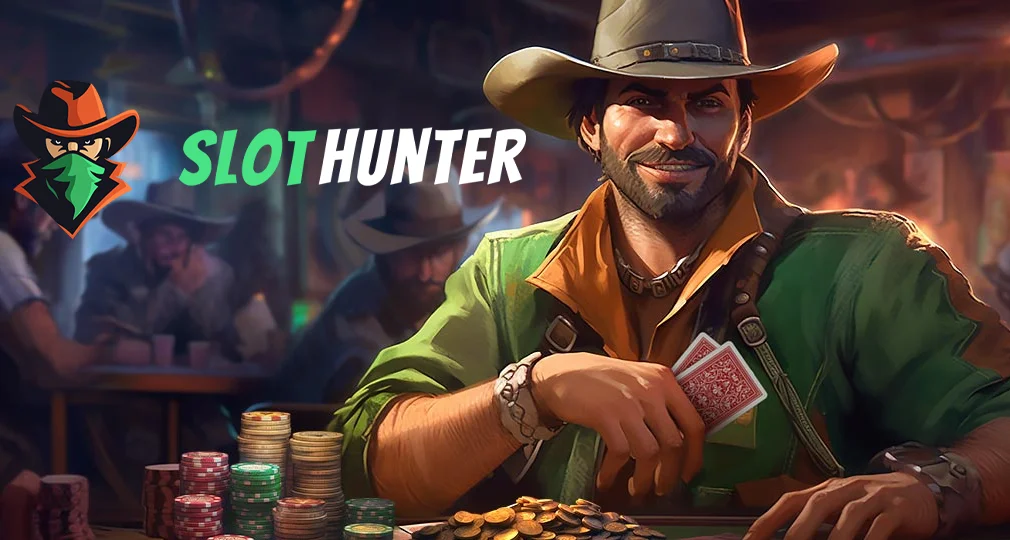In December 2023, law 14.790/23 was approved, which is now practically in effect… In February 2024, the research agency ENV Media discovered how end users feel about legislative changes – Brazilian gambling enthusiasts. For those who prefer graphics over text, they can be found at this link.”
➡️ 84% of respondents support the licensing of online casinos and sports betting.
➡️ In general, 92% are in favor of clear laws on online gaming. People believe that having a legal framework will enhance transparency and security in the gaming environment.
➡️ 87% believe that regulation promotes fiscal transparency and control of company actions. And that this is good for the Brazilian market in general. (And even better for the state: the legalization of gambling and betting means an annual income for the state coffers of 2.2 billion USD…)
➡️ However, almost a quarter of respondents (24%) fear that a significant rise in taxes could hamper investments. In fact, this scenario could result in gambling companies (i.e., websites) going unlicensed or simply registering abroad.
➡️ 76% of respondents noted that the legal gaming industry is capable of strengthening Brazil’s finances and offering job opportunities.
➡️ Issues such as fraud and scams generate concern and mistrust in Brazilians towards unlicensed providers. When asked about their ability to identify safe/dangerous gaming sites, 61% responded that they sometimes can do it, and only 20% do it always.
About the survey🕺:
🌴 627 adult Brazilians who regularly play with real money participated in the survey.
🌴 Lottery players top the list in all studies all studies, while sports bettors represent the second most significant group, with rapid growth observed.
🌴 For players, online casinos serve as a complement to other forms of real-money gaming.
What types of online gaming and betting activities do Brazilians typically participate in?

💼 The authors of the study note that the most fervent opponents of gambling in Brazil are not the conservatives of politics, but the churches diversely represented in this GEO. All these representatives of the “Kingdom of God” are concerned that their audience (extremely numerous, but poor) spend their scarce resources not on donations, but on slot machines.













